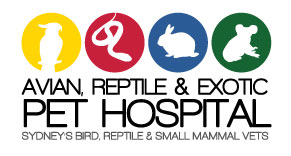Dystocia is a common problem in female chelonians (tortoises and turtles) and is defined as difficulty in passing eggs. Female turtles can produce eggs even when males are not present. Dystocia most commonly occurs due to lack of an appropriate nesting site, inappropriate environmental temperature, poor diet, or diseases of the reproductive system.
Signs that your turtle may have dystocia include lethargy, inappetence, digging, and straining. It is important to bring your turtle to a vet if you observe any clinical signs, as if untreated
dystocia may result in cloacal prolapse and severe infection. Dystocia is diagnosed using x-ray or
ultrasound. Your veterinarian will attempt to help your turtle using medical and environmental
management, including providing an isolated nesting site with appropriate temperature and humidity. Fluids and oxytocin can be used to help the turtle pass the eggs naturally. If unsuccessful surgery may be required to remove the eggs.
Written by Emma Cook, Josephine Fleming and Fiona Emdin - Final Year Veterinary Students, The University of Sydney.
Image Credit: https://en.wikipedia.org/wiki/File:Legenot-Schildkroete.jpg#filelinks


